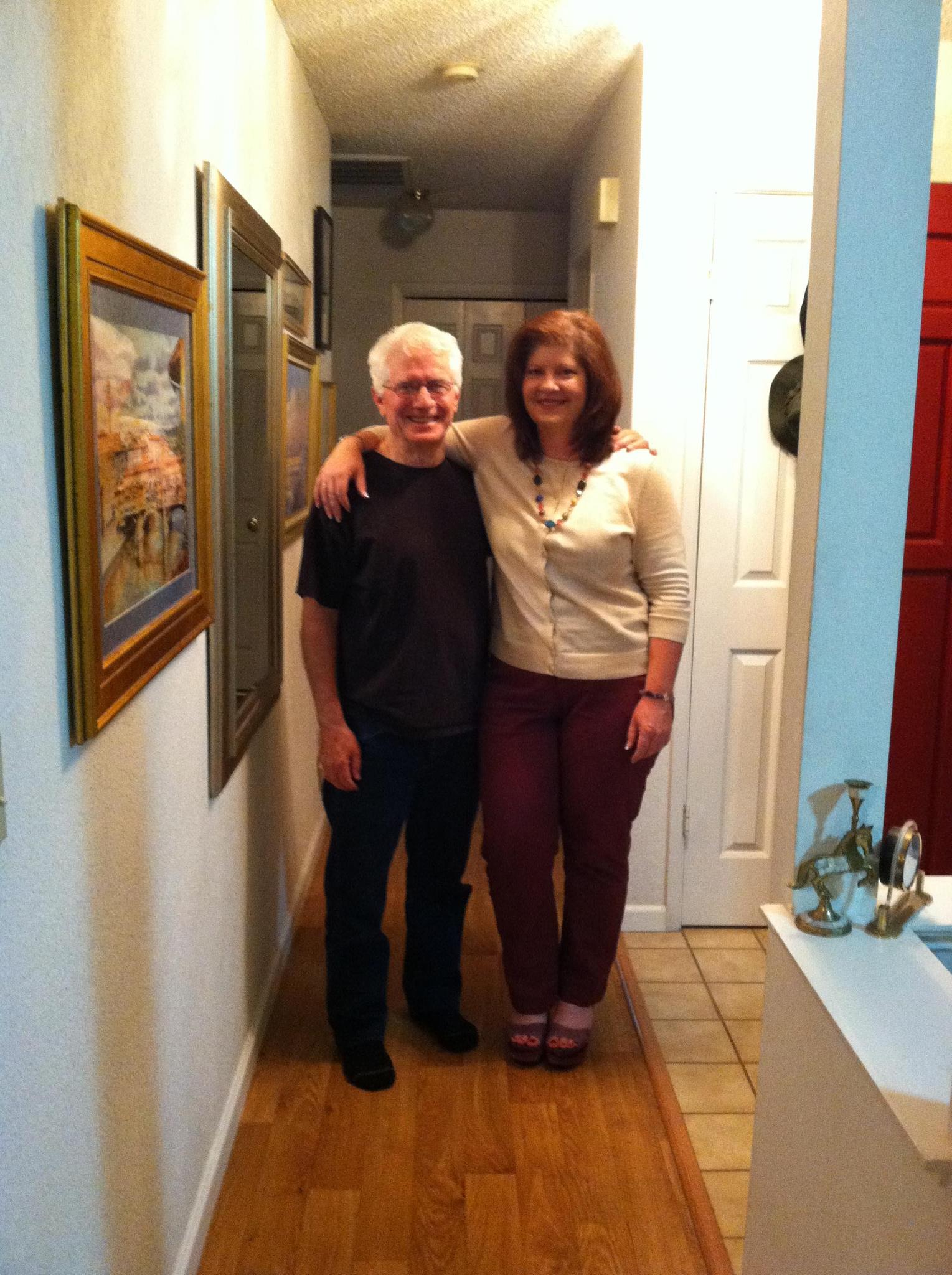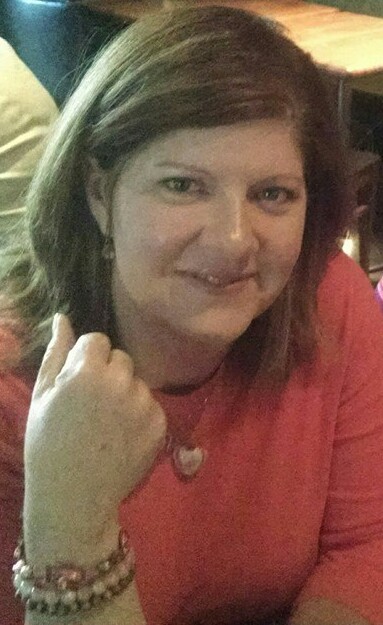Many of us have already decided what we’ve resolved to do differently in this new year, but if you still have room on your list, I have 5 suggestions you won’t regret adding:
1. Make “Bringing The Good Stuff” the cornerstone of your repertoire with your loved one.
Those who know me will note I’m being repetitive by recommending this [Yep!]. I do it because I believe these five elements–respect, kindness, love, empathy, and compassion–are crucial to see miracles start to happen in your relationship with your loved one; because every human being is entitled to maintain his dignity til his last breath; and because it just makes sense intuitively, doesn’t it? (And it works!) Commit to tracking your results in a notebook for a week and just see what happens.
2. Take videos (not just pictures) of your loved one with your phone.
When my dad died unexpectedly this past summer, it was a healing balm to my soul to see him healthy and whole in a few video clips–especially because his last 36 hours on earth were ICU-ugly. If you think you’re not tech-savvy enough to figure out how to do this, ask a Millennial (or Xer), or really suck it up and go into the Verizon store. It’s worth it, I promise.
3. The sound of a beloved voice is awesome, too.
My brilliant sister-in-law retrieved deleted voicemails from her iPhone and gave us the gift of Dad’s voice. If your loved one rarely speaks anymore, try singing with her. Something from her childhood will likely work best. (Think Twinkle, Twinkle, Little Star; You Are My Sunshine; Sunday School songs.) Music is one of the last things the brain still processes, lasting far into the disease. Don’t forget to record!
4. Stop believing the “It’s all just so awful and there’s nothing I can do about it” nonsense.
As a friend once noted, “I guess we can do this the hard way, or the excruciatingly painful way.” Sometimes a situation contains nothing but hard choices and it just plain sucks, but that’s no reason for you and your loved one to suffer even more! We all know the disease process is hard enough; you don’t need any added layers of difficulty or trauma on top of it.
5. Put YOURSELF at the top of your list.
Seems ironic I put you at the bottom of my list, right? I’ve worked with enough family caregivers to know for a fact that you’d have stopped reading this altogether if I put this item at the top! I know you’ve heard the old “just like the flight attendant says, put the oxygen mask on yourself first before you attempt to help the person next to you,” so I won’t even mention that *wink*.
But let me ask you this: If you aren’t taking care of yourself, if you’re always at the bottom of the list (on those rare days you even make it onto the list), if you go down, who will take care of your loved one? What will happen to her? To your kids? To your grandkids? To your furbabies? To your spouse? To your job? To all your responsibilities?
I hope you’re cringing just thinking about the chaos that would ensue if you were out of commission–cringing enough to take action and put yourself at the top of your list! 4 in 10 caregivers die before the person they’re taking care of…because they neglect taking care of themselves. Again, you’re in a tough enough situation; the easiest way forward is to just take care of yourself.
Have a blessed start to this new year, and remember, you are never, ever alone. I’m always rooting for you!
Updated 1/5/20
Dementia can last 20+ years.
That's a long time to struggle with trial and error!
If you're ready to step out of overwhelm (and anxiety about the future), click the button below now to schedule your complimentary Dementia Caregiver Strategy call with Christy. (Mobile users, click HERE.)
It's time for you and your person to step into the life you deserve.


